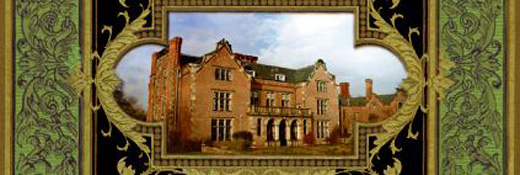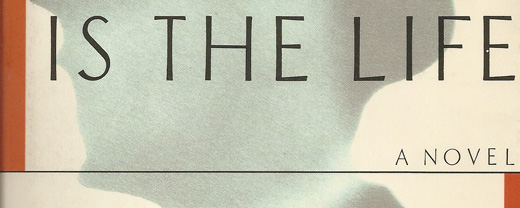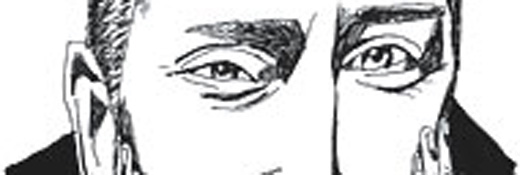
When I picked up Dostoevsky’s Demons, in the recent, highly-regarded translation by Richard Pevear and Larissa Volokhonsky, my attitude was one of distant curiosity. I was going to re-read a celebrated Nineteenth-Century novel in the context of Nineteenth-Century novels.
This attitude persisted throughout the first part of the novel, a sequence of vaguely ridiculous and embarrassing scenes pocked with opaque, inconsequent backchat. Then I turned the page, and began the first of the two chapters entitled “Night,” and everything changed. I was as if gripped by a great gothic.Â
The affable but uncertain Nikolai Vsevolodovich is alone in his study. “The sides and corners of this big room remained in shadow. His look was pensive and concentrated, not altogether at ease; his face was tired and had grown somewhat thin.” Presently Pyotr Stepanovich appears. We don’t yet know which one of these men is the ultimate string-puller, which one more committed to the nameless society that appears to be committed to the violent overthrow of Russian affairs. When Pyotr Stepanovich leaves, he is supposed to pay a visit to Nikolai Vsevolodovich’s formidable mother, Varvara Petrovna, but he doesn’t. The son falls asleep in his chair.
Soon her became totally oblivious. Varvara Petrovna, who had worn herself out with cares during those days, could not restrain herself, and after Pyotr Stepanovich, who had promised to stop and see her, left without keeping his promise, she herself ventured to visit Nicolas, though it was not her appointed time. She kept imagining: what if he were finally to say something definite? Softly, as before, she knocked on the door and, again receiving no reply, opened it herself. Seeing Nicolas sitting there somehow too motionlessly, she cautiously approached the sofa, her heart pounding. She was as if struck that he had fallen asleep so quickly and that he could sleep like that, sitting so straight and so motionlessly; even his breathing was almost imperceptible. His face was pale and stern, but as if quite frozen, motionless; his eyebrows were slightly knitted and frowning; he decidedly resembled an inanimate wax figure. She stood over him for three minutes or so, scarcely breathing, and was suddenly overcome with fear; she went out on tiptoe, paused in the doorway, hastily made a cross over him, and withdrew unnoticed, with a new heavy feeling, and a new anguish.
He slept for a long time, more than an hour, still in the same torpor; not a muscle in his face moved, not the slightest movement appeared in his whole body; his eyebrows remained as sternly knitted. If Varvara Petrovna had stayed another three minutes, she would certainly have been unable to bear the oppressive feeling of this lethargic motionlessness and would have wakened him. But suddenly he opened his eyes himself and, still without stirring, sat for another ten minutes as if peering persistently and curiously at some startling object in the corner of the room, though there was nothing there either new or unusual.
And this is just the beginning of the dark and stormy night.










